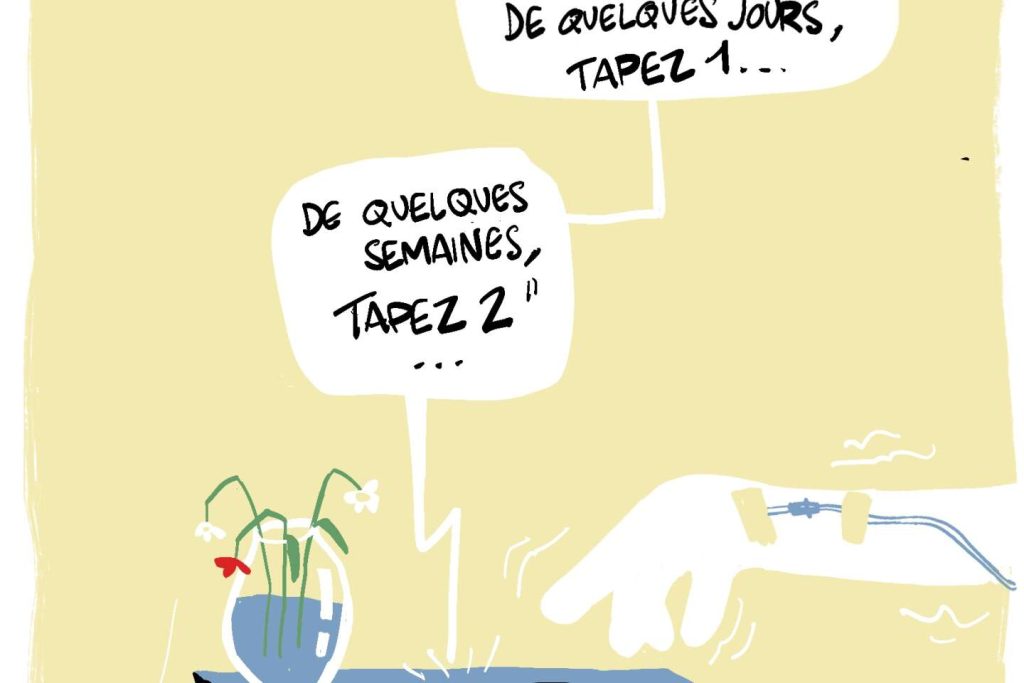The French President Emmanuel Macron has revealed the outlines of a future law on end-of-life care, which will allow for the possibility of medical assistance in dying under strict conditions. The text of the law is set to be presented in the Council of Ministers on April 10th, with a parliamentary process beginning on May 27th. The eligibility criteria for accessing medical assistance in dying include being at least 18 years old, being a French national or residing in France, being able to express one’s will freely and clearly, having a serious and incurable condition with a short or medium-term life prognosis, and experiencing unbearable physical or psychological suffering related to the condition.
This development has sparked debates among healthcare professionals, including oncologists, neurologists, cardiologists, and palliative care physicians, who are tasked with evaluating these criteria for their patients. The role of the doctor is crucial in determining whether a person meets the requirements for accessing medical assistance in dying. The issue of medium-term life prognosis has been a point of contention, as predicting the exact timing of death is challenging, especially when it extends beyond a few hours or days. The National Consultative Ethics Committee (CCNE) highlighted this issue in 2022, noting that individuals with a longer-term life prognosis do not currently have legal options to address their distress.
While the new law on medical assistance in dying does not create a new right or freedom, it does establish a pathway that was previously unavailable in France. The legislation aims to provide a framework for individuals facing unbearable suffering due to a severe and incurable condition to access end-of-life care options. The medical community, despite differing opinions on the matter, acknowledges the importance of ensuring strict criteria are met before offering medical assistance in dying. This includes considerations such as the ability of the individual to express their will, as well as the nature of their suffering and their life prognosis.
The process of drafting and implementing the law on medical assistance in dying entails a rigorous legislative journey, with input from various stakeholders and legal bodies. The involvement of the Council of State and the parliamentary debate will shape the final text of the legislation, which will ultimately determine who can access end-of-life care options in France. The medical profession plays a significant role in this process, as doctors will be responsible for evaluating patients’ eligibility for medical assistance in dying in accordance with the criteria outlined in the law.
Overall, the introduction of a law on medical assistance in dying reflects a significant shift in end-of-life care practices in France. The emphasis on stringent criteria and medical evaluation underscores the gravity of the decision to provide assistance in dying to individuals facing unbearable suffering. The legislative process, which is set to unfold in the coming months, will further define the parameters of this new legal framework and determine the access to end-of-life care options for individuals in France.


